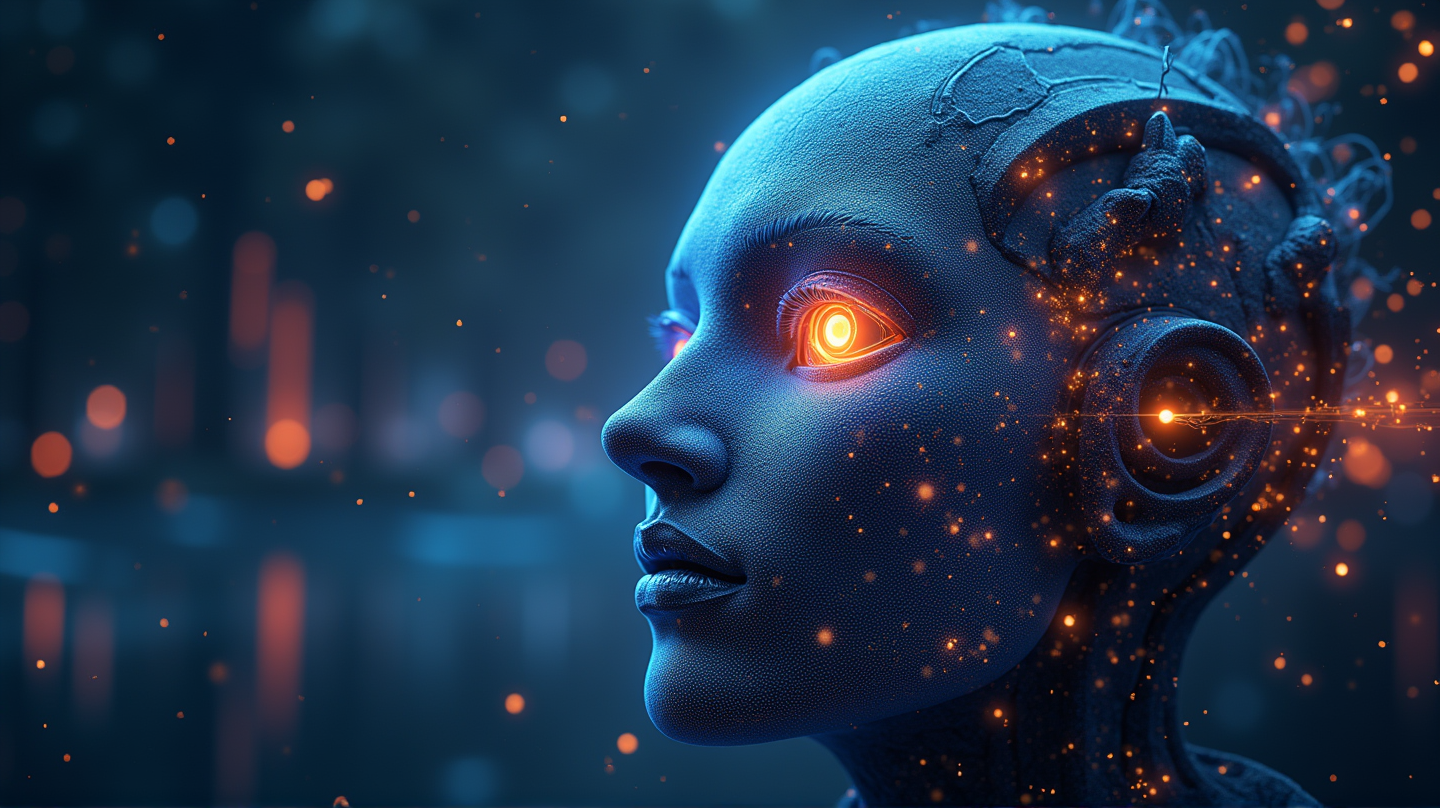OpenAI is gearing up to release its groundbreaking AI-powered web browser—an audacious move against Google’s dominant Chrome. Expected to launch in the coming weeks, this venture aims to revolutionize how consumers engage with the web, leveraging artificial intelligence in unprecedented ways.
What’s at Stake?
Currently, Google Chrome dominates the browser market, boasting over three billion users and more than a two-thirds market share globally. This browser is not just a tool for navigation—it’s a linchpin in Google’s ad revenue strategy, funneling vast amounts of user data to refine targeted advertising. According to The Economic Times, an innovative competitor could upend this status quo, potentially redirecting a share of Google’s advertising profits elsewhere.
A Glimpse into the Future
Imagine a browser where AI isn’t just a supporting feature but a central component. OpenAI’s upcoming browser promises to weave AI directly into the browsing experience, using a ChatGPT-like interface to hold some interactions within its ecosystem. This could keep users engaged without the need to visit traditional websites as frequently, fundamentally altering the user experience by integrating AI agents capable of undertaking tasks like booking reservations or filling out forms on behalf of users.
The Strategy Behind the Browser
Building on the success of ChatGPT, which garnered 400 million weekly active users, OpenAI aims to expand its influence beyond AI chatbots. By entering the browser market, the company positions itself to collect valuable user data and integrate its various AI products more seamlessly into everyday life.
The decision to develop a standalone browser instead of a plugin stems from a desire for greater data control, enabling OpenAI to optimize the browsing experience with user-specific insights. As part of a broader strategy, OpenAI’s involvement with a browser aligns with its past investment in diverse tech sectors, such as the recent acquisition of an AI devices startup.
Challenges and Competition
Facing entrenched giants like Google, the road ahead for OpenAI is fraught with challenges. Yet, with a robust strategy and cutting-edge technology, OpenAI hopes to captivate a segment of Chrome’s vast user base. Intriguingly, the browser will be built atop Chromium, the open-source code also used by Google Chrome, suggesting a direct link yet clear divergence in purpose and execution.
A Revolutionary Step for Browsing?
As this intriguing saga unfolds, OpenAI’s foray into the world of web browsers hints at broader aspirations to entrench AI in daily activities, potentially reshaping digital landscapes. While some see OpenAI’s move as ambitious, the integration of AI capabilities could indeed signal a profound shift in user expectations and browser functionalities, making the digital world more intuitive and responsive.
As the industry watches eagerly, the question remains: will OpenAI’s browser indeed challenge the status quo and pave the way for a new era in digital technology?
